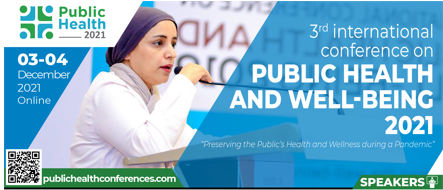Association of Factors on Parental Knowledge and Practice Regarding Anthelmintic Drugs in a Tertiary Hospital, Sri Lanka
DOI:
https://doi.org/10.32789/publichealth.2021.1006Keywords:
Anthelmintic drugs, Worm infestation, Knowledge, PracticeAbstract
Worm infestations are one of the significant health problems affecting children in developing countries. It is highly prevalent among poverty-stricken communities due to poor hygiene. The objective of this study was to assess the knowledge and practice on anthelmintic drugs and the influence of selected factors and knowledge on worm infestation among parents of pediatric patients attending OPD at a Teaching Hospital, Sri Lanka. It was a descriptive cross-sectional study. A validated interviewer-administered questionnaire was used as a study instrument. A systematic random sampling method was used to select the 422 participants. The response rate was 79% (n=334). Pre-determined cut-off values used to assess the knowledge of worm infestation and knowledge on anthelmintic drug usage were 60% and 50%, respectively. Using these cut-off values, the level of knowledge was categorized as good and poor. Most of the participants were females (85.6%, n=286), and the mean age was 32(±5) years. 60.2% (n= 201) and 86.8% (n=290) had good knowledge on worm infestation and anthelmintic drug usage. Only 66.4% (n=215) of respondents used anthelmintics to their children as self-medication or prescribed drug. The age of the participants was statistically associated with anthelmintic drug knowledge (p<0.05). Knowledge of worm infestation could be further improved by educating the parents.


 Join our next public health conference.
Join our next public health conference.